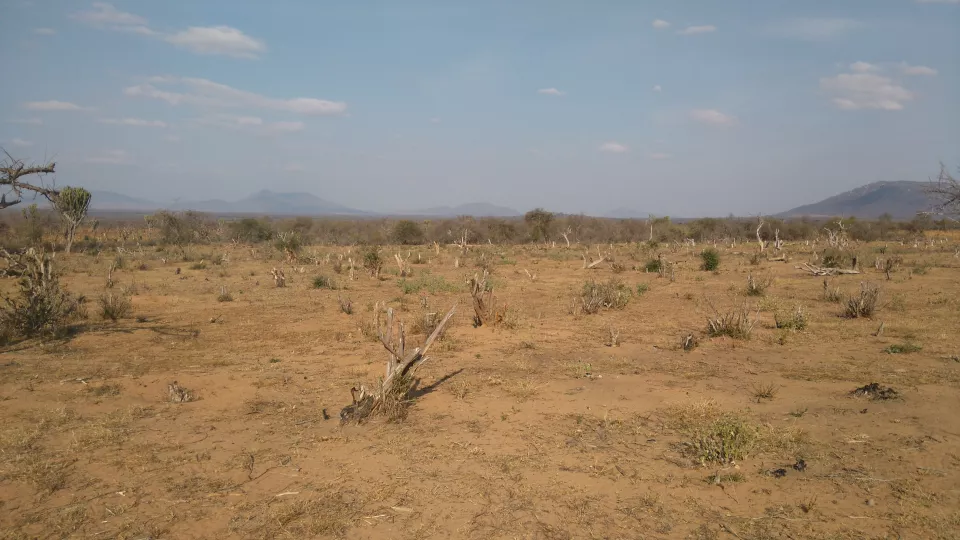Reflecting on the IPCC author meeting for the Special Report on Global Warming of 1.5 °C in Malmö this week, Professor Lennart Olsson highlights that LUCSUS’ unique research integration of social and natural sciences very much align with ongoing and future work of the Intergovernmental Panel on Climate Change.
– There has been an increasing realisation within the IPCC, and amongst policy makers, that both the question of how the world will be impacted by climate change, and the question of how we as humans can reduce climate change are ultimately social questions. That means that we need to apply a social science perspective to the work within the intergovernmental panel, he says.
He says that this shift in research approach aligns with how LUCSUS is already working today, where researchers contextualise climate change in a broader societal, economic and political setting.
– The aim of the IPCC is to be policy relevant, and their work feeds directly into political climate change negotiations. As I see it, it is therefore key to include both hard facts relating to nature and climate change, and social analyses detailing the impacts of climate change from a societal perspective.
Lennart Olsson participated in one of the panel discussions hosted as part of the IPCC meeting, Health, Food and Water in a Changing Climate. He notes that many of the questions raised by the audience and panel touched on research themes that LUCSUS is working with.
For example, health and sanitation were identified as extremely urgent research fields, especially since sanitation and nutrition are very closely linked together. Without proper sanitation, children run the risk of attracting diseases such as cholera and typhoid, and also run the risk of becoming undernourished in a rapidly warming world.
– At LUCSUS, we have researchers such as Sara Gabrielsson who work with improving techniques for sanitation, in countries such as Tanzania, in close collaboration with local universities and communities. She also works with changing perceptions around human waste, in order to develop alternative uses of faeces say as manure in the fields, he says.
At the centre, researchers such as himself, Elina Andersson, Wim Carton, Genesis Tambang Yengoh, Sara Brogard, David Harnesk and Emma Johansson work in the area of land use and land use change, linked to both climate change and food security.
This research area was also touched upon in the panel discussion, in relation to negative emissions techniques. Negative emissions techniques include methods by which biofuel crops are planted, and later burned in power plants to generate electricity but where the carbon dioxide is removed from the smoke and then buried (sequestered) under the ground or at the bottom of the sea. However, for this method to be effective at the global scale, the size of the planted areas would have to be extremely large, corresponding to the size of modern day India according to some researchers. This would seriously conflict with food security and other land uses.
Lennart Olsson says that we have only seen a mild breeze so far when it comes to tensions relating to food security and the biofuel industry. If we were to move forward with these types of negative emissions techniques, he argues, questions of land and land use will become key, especially in continents such as Africa and Asia.
– In the light of these developments, and the changing focus, from pure natural science to integrated social- and natural science, within the IPCC, I see the work of LUCSUS as becoming increasingly relevant. We need both interdisciplinary and transdisciplinary approaches if we are to meet the many sustainability challenges resulting from climate change, he concludes.
